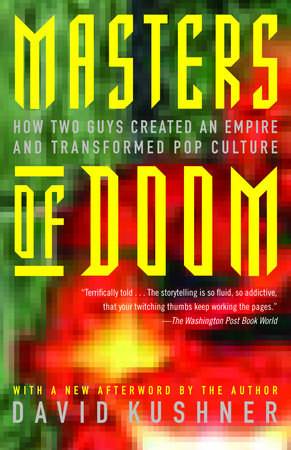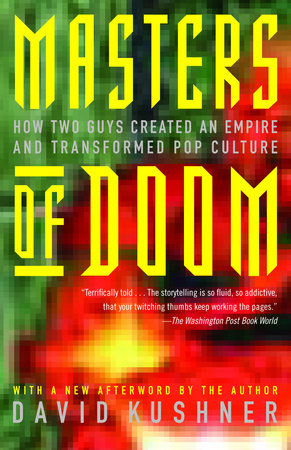

Masters of Doom
By David Kushner
By David Kushner
By David Kushner
By David Kushner
Category: Biography & Memoir | Business | Gaming Manuals | Puzzles & Games
Category: Biography & Memoir | Business | Gaming Manuals | Puzzles & Games

-
$20.00
May 11, 2004 | ISBN 9780812972153
-
Apr 24, 2003 | ISBN 9781588362896
YOU MAY ALSO LIKE
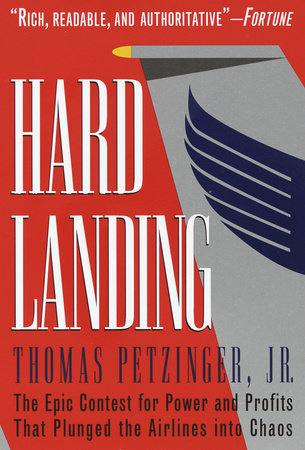
Hard Landing

New Radicalism in America

5 People Who Died During Sex
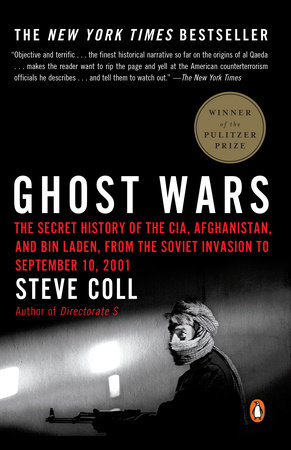
Ghost Wars
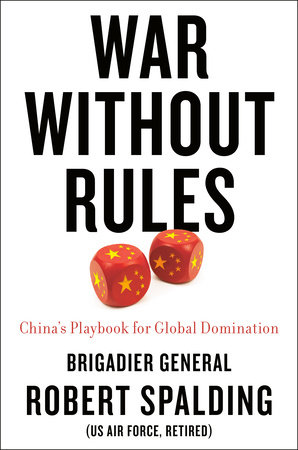
War Without Rules

Bush Versus the Environment
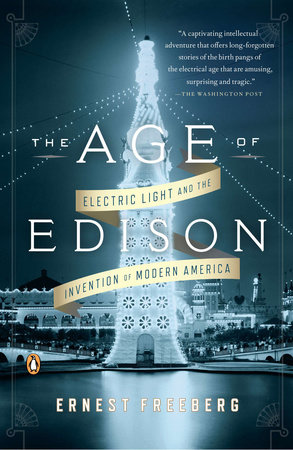
The Age of Edison
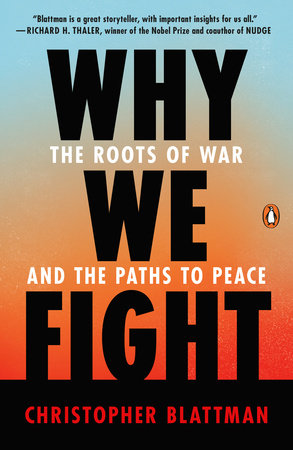
Why We Fight

Triumph of the City
Praise
"To my taste, the greatest American myth of cosmogenesis features the maladjusted, antisocial, genius teenage boy who, in the insular laboratory of his own bedroom, invents the universe from scratch. Masters of Doom is a particularly inspired rendition. Dave Kushner chronicles the saga of video game virtuosi Carmack and Romero with terrific brio. This is a page-turning, mythopoeic cyber-soap opera about two glamorous geek geniuses – and it should be read while scarfing down pepperoni pizza and swilling Diet Coke, with Queens of the Stone Age cranked up all the way."
—Mark Leyner, author of I Smell Esther Williams
"Masters of Doom is an excellent archetypal tale of hard work and genius being corrupted by fame too young and fortune too fast. I rooted for these guys, was inspired by them, then was disturbed by them, and was fascinated from beginning to end."
—Po Bronson, author of The Nudist on the Late Shift
"Like Hackers, David Kushner’s Masters of Doom paints a fascinating portrait of visionary coders transforming a previously marginal hobby into a kind of 21st-century art form — and enraging an entire generation of parents along the way. Kushner tells the story with intelligence and a great sense of pacing. Masters of Doom is as riveting as the games themselves."
—Steven Johnson, author of Emergence
"Masters of Doom tells the compelling story of the decade-long showdown between gaming’s own real-life dynamic duo, played high above the corridors of Doom in the meta-game of industry and innovation. With the narrative passion of a true aficionado, Kushner reminds us that the Internet was not created to manage stock portfolios but to serve as the ultimate networked entertainment platform. It’s all just a game."
—Douglas Rushkoff, author of Coercion, Ecstasy Club, and Nothing Sacred
"Are you brainy? Gifted? Deeply alienated? Ever wanted to be a multimillionaire who transformed a major industry? Then Masters of Doom is the book for you!"
—Bruce Sterling, author of Tomorrow Now
“Kushner’s mesmerizing tale of the Two Johns moves at a rapid clip . . . describing the twists and turns of fate that led them to team up in creating the most powerful video games of their generation. . . . An exciting combination of biography and technology.”
—USA Today
“Meticulously researched . . . as a ticktock of the creative process and as insight into a powerful medium too often dismissed as kids’ stuff, Masters of Doom blasts its way to a high score.”
—Entertainment Weekly
“[An] extraordinary journey . . . an exhilarating time capsule of a moment in time where anything could happen—and often did. Kushner’s take on this geek uprising is like a breakneck-paced comic book that you can’t put down.”
—Newsday
“Kushner’s portrait of Carmack is lustrous and gripping. . . . An impressive and adroit social history.”
—The New York Times Book Review
“Terrifically told . . . The storytelling is so fluid, so addictive, that your twitching thumbs keep working the pages.”
—The Washington Post Book World
21 Books You’ve Been Meaning to Read
Just for joining you’ll get personalized recommendations on your dashboard daily and features only for members.
Find Out More Join Now Sign In






